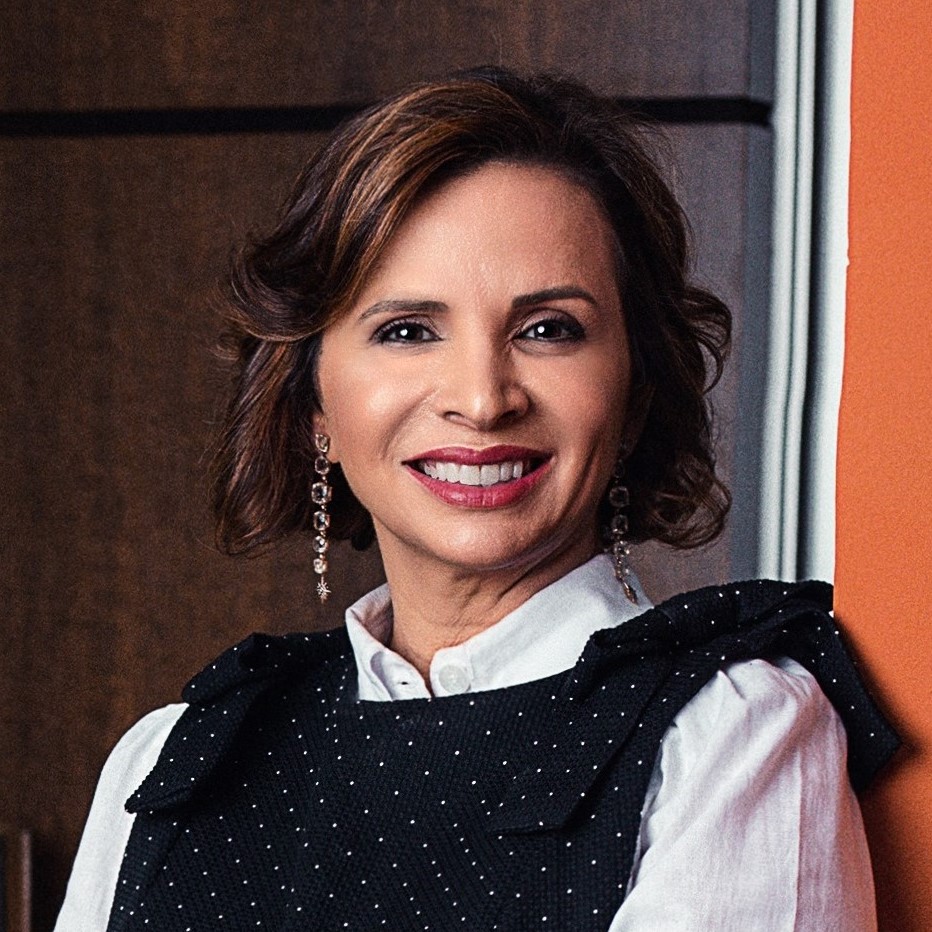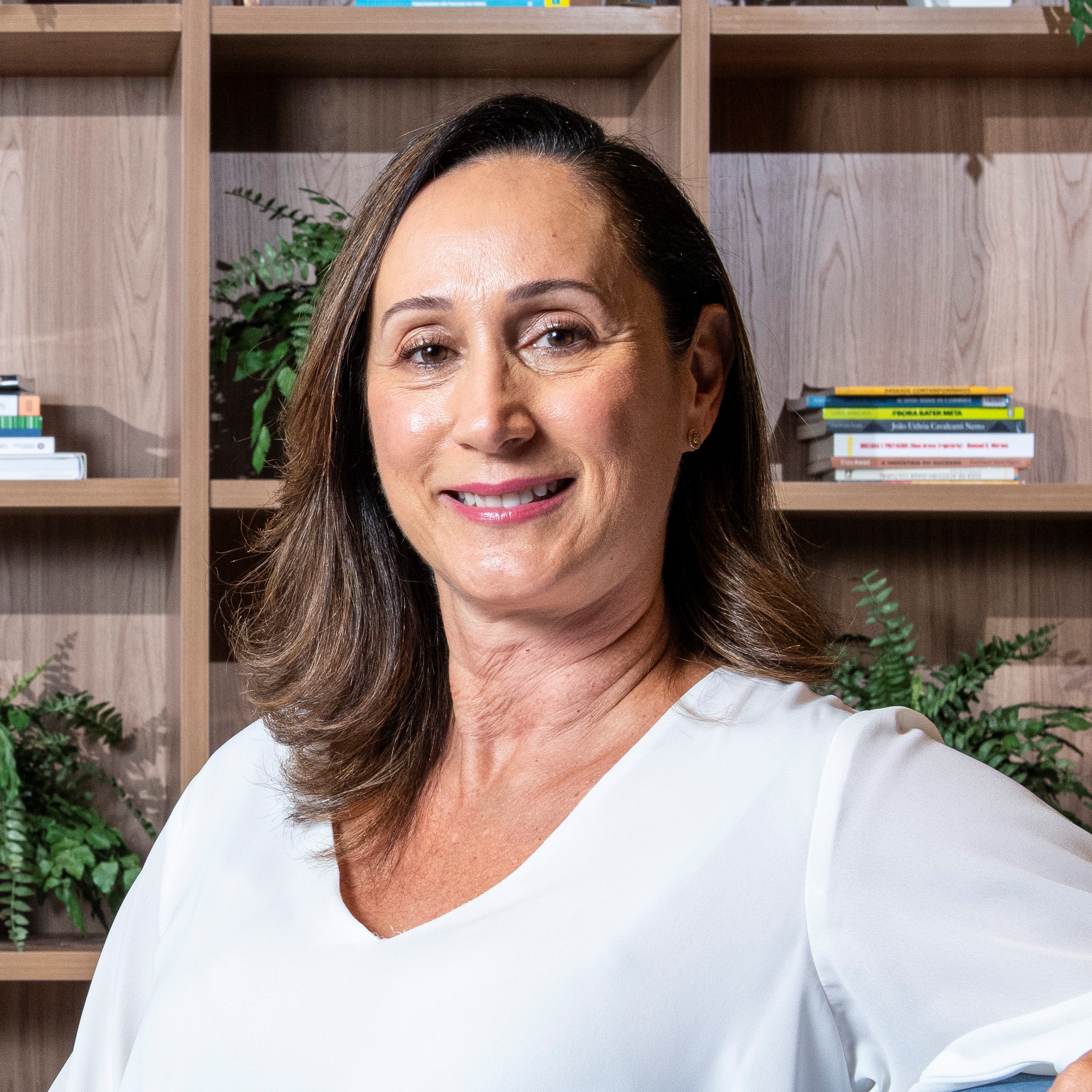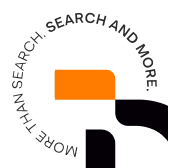The complexities of the contemporary world demand a review of performance and skills evaluations
To evaluate and be evaluated: that is the question. This is a dilemma that remains intact through the deepest social or corporate transformations. Just look back – how much has changed in the last few decades, and yet the subject has never left the spotlight. One of the reasons is linked to human nature – people do not like to test others, much less to be tested themselves.
However, what has been most troubling for professionals is not the evaluation itself, but the way it is conducted. In Brazil, only three out of 10 employees are satisfied with the methodologies used in companies, according to a survey by WTW consulting for the newspaper Valor Econômico, conducted with 800 companies worldwide. Other studies endorse what seems to be a consensus among professionals and people managers: it is necessary to review the way performance and skills are tested.
Potential assessment identifies what people know in practice, what they will be able to know in the future and when they will be prepared for challenges.
By using evaluations as development resources, as good opportunities to listen to the collaborator, it is possible to resignify them. And more: when associated with the future, with the potential capacity that resides in each person, they become understood as paramount. After all, it is impossible to move forward without evaluating.
Potential diagnosis as a turning point
In traditional performance evaluations, carried out internally by a good part of companies, past work, that which has already been performed by the collaborator, is analyzed above all. Depending on how they are conducted, they do not always boost performance or stimulate the person to look ahead.

Adriana Prates is the CEO of Dasein EMA Partners Brazil.
Reviewing this model thinking about current needs and combining it with evaluations that focus on the professional’s potentialities is an alternative more coherent with a constantly transforming market and marked by complex relationships. According to Dasein EMA Partners Brazil’s CEO, Adriana Prates, potential evaluation brings significant benefits to companies and employees, and, consequently, to team performance. “It is a tool that stimulates self-knowledge, allowing the identification of strengths and areas that need development. From there, it is possible to draw individualized plans and goals, with practical actions, in addition to providing recognition and growth opportunities for employees.”
According to the leader, the method has generated greater talent retention, increased productivity, improved corporate climate and team harmony, as potential evaluation helps in understanding and collaboration among teams. “Engagement and project efficiency also increase significantly in a workplace that invests in development and prioritizes people because they feel they are performing better and are essential to the smooth functioning of a company’s system.”
Verifying potential capacity is also a strong ally of succession processes. “The company has the need to create successors so that its critical positions are filled effectively, and succession planning should start years before this demand arises. A potential capacity check is valid when it is able to identify what people know in practice, what they will be able to know in the future, and when they will be more prepared and ready to face challenges of high complexity and uncertainty, after all, talent is what you do when you don’t know what to do.”
Not all high-performing people are able to take on more complex responsibilities. Correct evaluation and precise diagnosis of this growth potential is a valuable management tool.
How to build meaningful careers?
According to the Microsoft Work Trends Report, which surveyed 20,000 workers from 11 countries, 68% of respondents would stay longer with a company if they had opportunities for career growth and development. Considering the creation of meaningful careers – and the benefits for both the individual and the business – is part of the scope of potential assessment.
Through this type of analysis, as explained by Adriana Prates, it is possible to identify individuals with potential for development and growth, helping the company to map where and how it should invest in its talent. “For workers, it is much more motivating and secure to work in a place where it is possible to see the company’s efforts to develop people through actions that propel them forward, generating a greater sense of belonging and willingness to contribute even more. It is very important that employees perceive the relevance of their work and know that it is in the company’s interest for them to reach higher positions, which consequently generates better results and deliveries for the company.”
Not all high-performing people are able to take on more complex assignments.
Potential analysis also brings a strategic perspective and helps identify skills and competencies that will be more valued in the future. “This allows the company to create career plans aligned with future market needs and have employees with the necessary skills to adapt to changes and remain competitive,” highlights Prates.
Constant feedback and reciprocal evaluations
At Magalu, one of Brazil’s largest retailers with more than 38,000 employees, discipline and consistency prevail in personal and team performance evaluations. According to the Executive Director of People Management, Patrícia Pugas, “what cannot be measured cannot be improved. That’s why we invest a lot of energy in this issue. Constant feedback between leaders and team members is part of our culture, but we also have structured mechanisms to encourage and stimulate reciprocal evaluations.”
Weekly climate surveys are an important beacon for knowing what employees are thinking and seeking.
She explains that this strategy consists of four stages, which include behavioral performance evaluations, in which employees are evaluated by peers, subordinates, and leaders. The other stages are related to defining long and short-term goals in strategic events with leadership, monitoring goals in monthly and quarterly meetings, and recognizing and rewarding achievements of proposed goals, either through career promotions, merit-based financial rewards, or profit sharing programs.
“In-house talent”
According to Patrícia Pugas, most open positions at Magalu are filled by employees who already work in the company, the famous “in-house talent.” “We have a very strong characteristic in our culture of giving opportunities and encouraging employees to create their own career plans and engage in pursuing their professional success. There are no unique paths, open positions are shared with everyone, and each professional can exercise their protagonism and define their own path towards growth.”

Patrícia Pugas
is the Executive Director of People Management at Magalu.
For this, the company offers several actions that stimulate constant learning, as highlighted by the leader. “For example, we have the training manager program, which prepares professionals for a future career; we have the Portal do Saber, an internal e-learning platform with a variety of courses that allows employees to learn and start studies, even if it is not their field of expertise; and the scholarship program, also available to any employee for any course they wish to take, without the need to be in a related field, which also allows for a variety of formations and career changes.”
In 2023, the company has already distributed more than 2,500 scholarships in this format. “We want our employees to be increasingly prepared and ready to take on challenges wherever they arise, since every ‘in-house talent’ is more adherent to the culture, values, and purpose of the company,” emphasizes the director.
Active listening in weekly meetings
At Grupo Boticário, one of the most important beauty holdings in Brazil with 12,000 employees, performance evaluation and development involves constantly listening to employees. Through weekly surveys and the use of technology, the company evaluates the level of fatigue, involvement with projects, and relationship with leadership.
According to the Employee Journey Director, Renata Simioni, the weekly climate surveys are an important indicator of what employees are thinking and seeking in the workplace, ensuring leadership can respond quickly to their demands. “It is a strategy that gives us an effective and agile understanding of the organizational climate, as we follow the climate indicators week by week. This gives us even more confidence about the environment we have built and how it is perceived by our employees, being an important thermometer to understand how we are, what we can improve, and what each employee’s needs are.”
Organizations are formed by people who form others and so on.
Simioni says the method allows for a macro view of the entire company, as well as segmented by vice-presidencies and directorates. “These cuts are very rich and actively support us in providing the work environment we want and our people expect and desire. On average, we have more than 60,000 questions answered weekly with more than 3,000 written feedbacks with an average of 10,000 users responding. It is very important to put it in numbers to give an idea of the power of this management tool.”
Another premise of Grupo Boticário is that technology becomes accessible to the entire company. Each interaction within the ecosystem generates data that is used to improve processes, products, and experiences. “We want HR to be more tech and technology to be more human, as people and technology need and already walk hand in hand.”
The role of leadership in performance management and well-being
Organizations are made up of people who form other people and so on. This shows the importance of leadership being well qualified and the responsibility they have in generating knowledge, as emphasized by Dasein Ema Partners Brazil CEO Adriana Prates. “The best way to exercise leadership is through example. It is essential to be aware of this and always seek to improve and have behaviors that encourage the desired attitudes in the team. What makes a leader better are their experiences and learnings that shape future behaviors from a lot of discipline, focus, and humility to accept their own and others’ imperfections.”
Nurturing the culture of learning and sharing leadership is one of the focuses of Grupo Boticário, as highlighted by Renata Simioni. “Transparency, interaction between teams, agility, autonomy, and clarity of roles and responsibilities are essential. We understand that leadership has a fundamental role in the process of managing and developing employees. Therefore, we seek to create opportunities for leaders to be increasingly closer to their teams, accompanying, supporting, and further expanding active listening, contributing to a process of exchanging experiences, which is super important for the company.”

Renata Simioni is the Employee Journey Director at Grupo Boticário.
She says committees focused on development are held, with actionable feedback connected to employees’ professional ambitions. “In addition, it is worth noting the Leadership Academy, which focuses on preparing people, generating cohesion and direction for leaders, both those who are new to leadership positions or who have been in management positions for a long time. Topics range from expected leader behaviors to strategic themes for the year, discussion rounds on current topics, face-to-face meetings, learning workshops, among others.”
What cannot be measured, it cannot be improved.
Psychological safety and its impact on work routines are also frequent topics of training with Grupo Boticário’s leaders. “We know that safe environments provide a more favorable ground for innovation. In addition, the theme of integral health is frequent in our interactions with leaders and employees because caring for people involves not holding the individual responsible for their well-being, but rather understanding them in their entirety and creating a prevention and support network.”
For Patrícia Pugas, every leader, in general, needs to think about the holistic health of their team and the balance between professional and personal life. “I believe that attention to health begins with us, leaders, and then we are able to create a culture of health and well-being in the organization. If we do not take care of our own health, how can we take care of the health of the entire team?”
Magalu encourages and provides structure for not only senior leadership but the entire company to focus on self-care and seek personal and professional balance. “We have a telepsychology benefit available to all employees, as well as health programs that include a series of live events, lectures, and educational actions that aim to raise awareness among everyone on the topic.”
“Bringing to the access of many what is a privilege of few”
It is not enough to offer the same opportunity to everyone, but to take actions so that everyone has the same access. Promoting development programs focused on minorities is one example. According to Patrícia Pugas, diversity has always been at the core of Magalu, a company founded by a woman 65 years ago. “Our company was born with a strong DNA of diversity, and not coincidentally, our purpose of ‘bringing to the access of many what is a privilege of few’ reflects this commitment in some way.”
“We believe in diversity as a mindset and have developed consistent programs that lead us more and more towards a democratic, inclusive, and diverse world. We also believe that we are a representative cross-section of Brazilian society and that, in this way, the essence of society should be reflected in the company. Better companies make better people. Better people, a better world. We have specific goals to evolve in these issues and have developed programs such as the exclusive trainee program for black people, the diversity and inclusion program for people with disabilities in technology, the 40+ and 50+ programs for hiring professionals of these ages, LuizaCode, to hire more women in technology, among others.”
Involving leaders and senior executives in meetings on diversity and inclusion is one of the strategies of the Grupo Boticário. “Our CEO, Fernando Modé, voluntarily participates in meetings of affinity groups Generations (50+), People with Disabilities, and Orgulho GB (LGBTQIA+), inspiring us on the importance of being close and available to listen to people,” says Renata Simioni.
We want that HR be more tech and that technology be more human.
Thinking about training and access expansion, Grupo Boticário offers mentorship programs exclusively for marginalized groups, including tools for personal and professional development and networking.
Diversity in recruitment and succession processes
To avoid biased recruitment, selection, and succession processes, the consultancies that make up the international group EMA Partners are increasingly working to deconstruct prejudices and ensure that diversity is present in all phases of the recruitment process, from candidate profiling to final selection. To achieve this, EMA and its partners, such as Dasein, invest in training and capacity building for their team so that consultants have a deeper understanding of the topic and can apply it in their practices.
According to Adriana Prates, Dasein focuses on leadership, assisting in the creation of an inclusive culture, establishing policies and practices that promote diversity. “We encourage the creation of diversity and inclusion committees, promote prejudice training, adopt measures to eliminate discrimination in the workplace, provide financial support for education, leadership training, and mentoring, and have leaders from different backgrounds and perspectives.”
Six benefits of potential capacity diagnosis
Identifying potential is a valuable strategy for companies seeking long-term success. It leads to more effective talent development, improvements in productivity and decision-making, and prepares the company for the future, especially with regard to leadership succession and return on investment generation. Here are five major benefits of this strategy.
In-depth understanding of relationships. The assessment leads to understanding not only of the organization and the individual, but also the ways in which they interact.
Understanding the complexity of new times. In the pursuit of sustainability and growth, companies must structure themselves according to more complex work patterns that will require different abilities for business success.
Indicating a talent for each challenge. Each level of complexity requires different talents to understand and lead the work, so that they can apply their knowledge and exercise their ability to discern and judge, in order to achieve the objectives.
Showing how to choose paths or build new ones. Creativity is a human quality, but creativity can be blocked, repressed or misused if we cannot allocate people according to their abilities. The question is what to do to allow its manifestation.
Understanding people’s current capacity and estimating their growth over time. This is a strategy for anticipating future levels of work complexity and the capacity of each individual. From there, it is possible to manage talent at different levels and create the basis for planning people development and succession.



